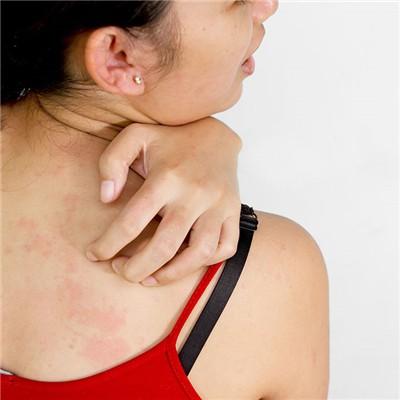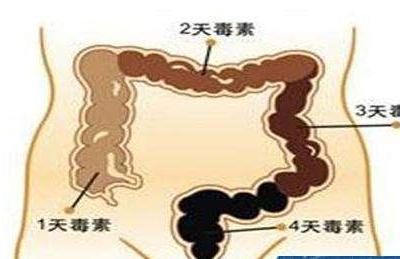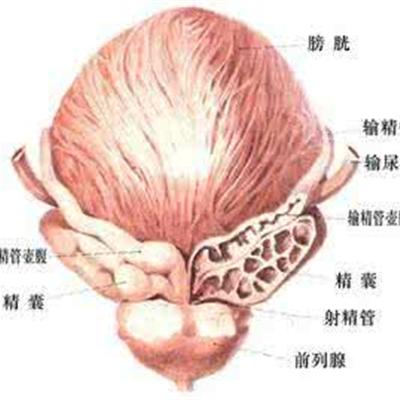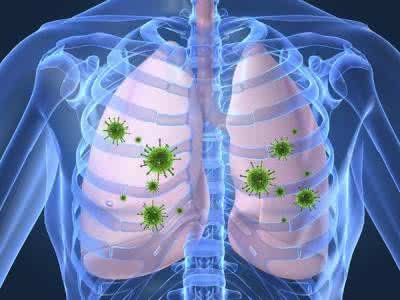What symptom does pancreatic cancer have?
summary
Pancreatic cancer is a malignant tumor of exocrine gland of pancreas, which is rare. Most of the patients are between 40 and 70 years old, and male is more than female. About 90% of pathological cases had ras gene point mutation. Today, we will introduce the clinicopathological relationship of pancreatic cancer, as well as the relationship between diffusion and metastasis and pathology, hoping to be of some help to you. At the same time, because it belongs to cancer, and if it can not be found in time and treated as soon as possible, the prognosis of the disease is poor, so for your health, once you find the disease, you must treat it.
What symptom does pancreatic cancer have?
Pancreatic cancer can occur in the head, body, tail or the whole pancreas, but the head of the pancreas is the most common, accounting for 60-70%, followed by the body of the pancreas, and the tail is the least common. The gross appearance of the tumor is round or oval. Some of binajie's tumors are distinct and a little diffuse infiltrating in the adjacent pancreatic tissue, which is difficult to distinguish. Under the microscope, there are mainly three types: adenocarcinoma, undifferentiated carcinoma and squamous cell carcinoma.

In the early stage, carcinoma of the head of pancreas can spread directly to adjacent tissues, such as bile duct and duodenum, and then metastasize to the head of pancreas and para common bile duct lymph nodes. But intrahepatic metastasis is the most common, especially in the body and tail cancer. The cancer tissue can also invade the peri celiac plexus lymph nodes, resulting in distant lymphatic or hematogenous metastasis.

The main symptom of pancreatic head cancer is painless and increasing jaundice caused by pressing or blocking the biliary tract. Due to the lack of bile into the intestine, the patient's stool is white clay like. Cancer of body and tail of pancreas usually has no jaundice in clinic, and its incidence is more serious. Ascites often occurs due to invasion of portal vein, compression of splenic vein, splenomegaly, invasion of celiac plexus and deep pain. At the same time can also have weight loss, anemia, vomiting, constipation and other symptoms.

matters needing attention
Usually, we can eat more vegetables and fruits, strengthen exercise, can improve their physical fitness, improve their body immunity, so that the disease is not easy to attack, at the same time, we should avoid contact with allergens again in life, diet light some.














